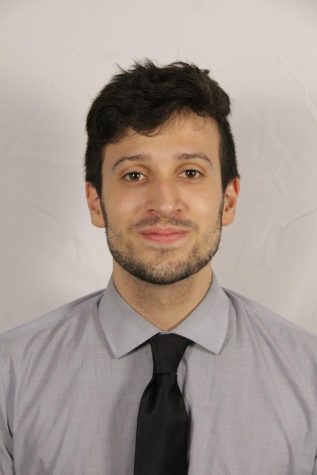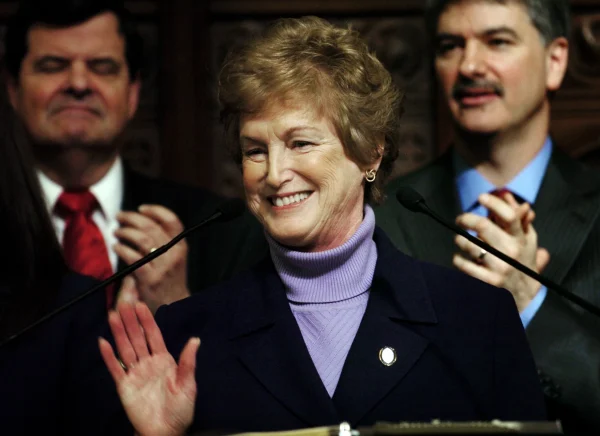Guinean President ousted in military coup: Domestic and international implications
On Sept. 5, Guinean President Alpha Condé was ousted in a military coup, dissolving the country’s government. The military captured the president, allegedly leaving him unharmed.
This occurred primarily because Condé attempted to run for a third term despite pushback from the general public. Although the country’s former government no longer exists, a soldier named Mamady Doumbouya is the new self-anointed leader.
After Condé was captured and detained, Doumbouya and other military leaders announced a curfew of 11:00 PM across Guinea and announced a meeting among the country’s political leaders, which occurred the following day. The leaders announced that failing to attend the meeting was an act of “rebellion” against the state.
According to Doumbouya, a primary reason for the coup d’état is corruption within the state as well as a general disregard for human rights. According to an interview between France 24 and Doumbouya, Condé is being held with the military and is unharmed.
“The whole army is here… to help build this country… the president is with us, he’s in a safe place,” said Doumbouya.
Leading up to the coup, domestic tension arose at the prospect of a new constitution. According to Human Rights Watch (HRW), civil society in Guinea raised its concerns about a new amendment in the country’s constitution that would permit Condé to run for a third term. These concerns led to a government crackdown on free speech.
Not only did the Guinean government ban constitution-related protests, but they also arrested and killed multiple protesters. HRW also states that these human rights abuses have gone largely uninvestigated, which could be a potential reason for military backlash.
The restaging of the Guinean government is currently in development, which means that the country’s leadership is still being determined. On an international scale, the coup could have a variety of implications.
In an analysis by the Center for Strategic & International Studies (CSIS), there has been a concerning lack of updates from Doumbouya and the rest of the military leaders. In the context of military coups, this lack of transparency could signify the opposite of what the new leaders have promised: power to the people.
The report also draws comparisons between Doumbouya and other military leaders such as Colonel Assimi Goïta of Mali and Idriss Déby of Chad, who each had a similar coup structure. It included an 18-month transitional government and promises to rewrite an unjust constitution.
Whether or not the analysis has correctly assessed Doumbouya’s intentions is uncertain, but the new leaders seem to follow similar timelines of other leaders who have assumed larger control than promised.
While the intentions of Guinea’s new military leaders are unclear, regional and international reactions are as well. As reported by Al Jazeera, the West African economic bloc has threatened sanctions on Guinea while urging the new leaders to release Condé. Russia also condemned the coup and called for the release of Condé.
Further international reactions are bound to arise, both negative and positive. Currently, however, Guineans, as well as regional and international allies, are forced to wait for further steps from Doumbouya and the rest of the military.

Samuel Weinmann is a passionate journalist who is a junior international affairs major at the University of New Haven. As the editorial head of the Charger...



